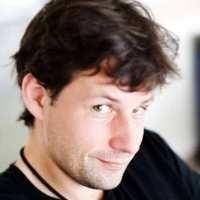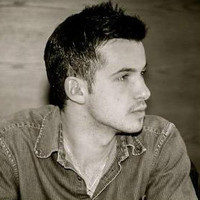AOL Hell
The surreal existence of an AOL content writer:
I was given eight to ten article assignments a night, writing about television shows that I had never seen before. AOL would send me short video clips, ranging from one-to-two minutes in length — clips from “Law & Order,” “Family Guy,” “Dancing With the Stars,” the Grammys, and so on and so forth… My job was then to write about them. But really, my job was to lie.
















